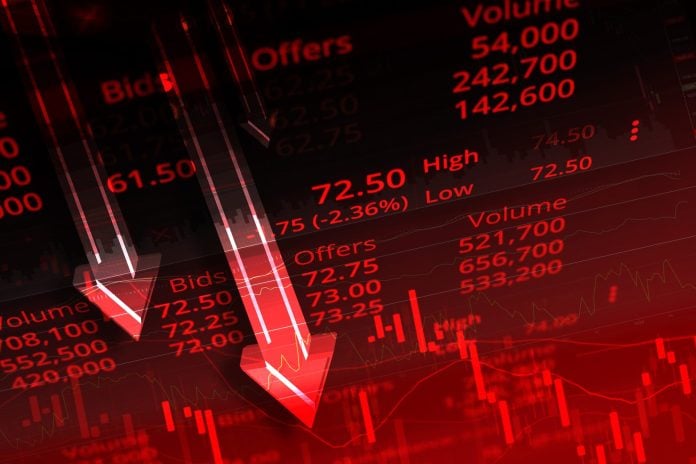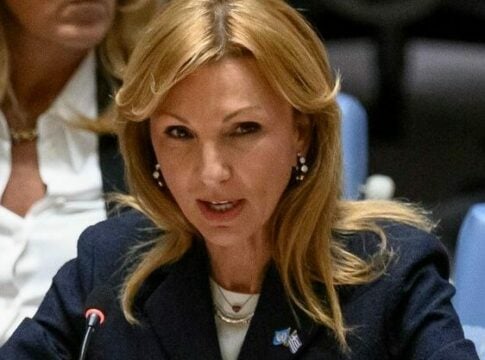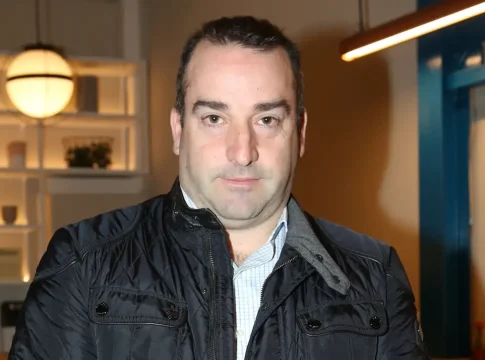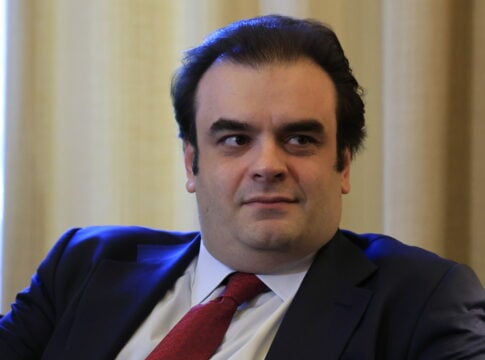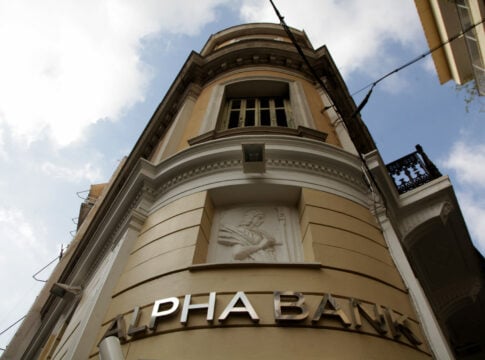Wall Street is showing signs of avoiding risk-taking for the first time in several months. In an environment of growing nervousness, investors are starting to abandon highly leveraged positions in search of stable returns.
The shift to sectors such as utilities, health care and consumer staples is the first warning bell that the rally of the last two years may be reaching its limits.
From the resurgence of the US-China trade war to the sudden bankruptcies of mid-cap companies, concerns have been rising.
Defensive positions and shelters
October found US markets in their most volatile phase since the summer.
Ten-year bond yields fell below 4% again, gold hit new all-time highs, and defensive stocks led the S&P 500 up for the first time since 2022.
Investors are moving away from more cyclical categories – such as banks, autos, construction and airlines – and are choosing companies with steady revenue sources, regardless of the economic cycle.
The same pattern is starting to emerge in Europe, where pressure on banks and stagnation in German industry are pushing funds into safer options.
The picture regarding the indices is more worrying. The corporate debt market is showing signs of fatigue, with the bankruptcies of companies such as First Brands and Tricolor Holdings bringing back memories of 2007.
The private credit market, which has reached 1.6 trillion dollars, now moves in parallel with the junk bond market, but without the same transparency.
Similarities with 2007
The spread between corporate and government bonds in the US has fallen to its lowest levels since 2007, showing a dangerous confidence that “nothing can go wrong.”
The market is priced in for perfection – and this, historically, points to a correction.
In Europe, although valuations remain more conservative, rising yields on high-yield corporate bonds and falling consumer confidence are following a similar trend.
Europe and Greece on alert
Europe is not left unaffected. The turmoil in the US markets is also ringing a bell for European investors, with positions turning back to gold and government bonds.
On the Greek stock market, investors also appear to be limiting their exposure to banking and construction papers, in view of third-quarter results and increasing volatility internationally.
This defensive stance, as market executives noted, does not necessarily mean a reversal of the upward cycle – but rather a period of “cool readjustment” before the next phase.
The markets have not yet entered a crisis – but they seem to “smell” it. As the most experienced managers observe, when money moves to safe havens, it is not always because a storm is expected. It is often simply because the first signs are emerging.


